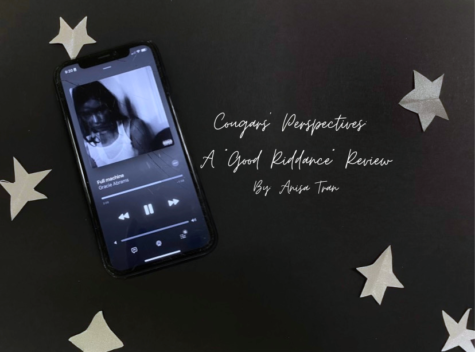Sam Says to thank human brain
When a teacher asks a question, it only takes your brain a split second to process.
As the teacher speaks, the new information transforms into a state to store in your memory: encoding. If you were listening well, your brain went through a process of retaining information in memory to use later: storage. And at the end of her sentence, if you are able to repeat back the new information to yourself, you recovered the information that got stored and brought it into your conscious awareness: retrieval.
Brain activity never rests. Constantly keeping the body alive, battling illnesses and storing information about everything people do. The 25 watts of energy used by the brain can illuminate a light bulb. It can survive without oxygen for six minutes, and it can create its own endorphins. The brain’s capabilities and the limitless capacity it possesses astonish scientists to this day.
Think about it: a squishy, fleshy, vulnerable organ has the power to think up some of the most magnificent objects, such as skyscrapers, the iPod, a cell phone, an airplane, medicine and a car.
As teenagers, we think we know everything. But in fact, the part of the brain that makes decisions will not be fully developed until we are 23. So when we reach that mature age of 23, we will look back at our teen years and say, “What was I thinking?”
If there is an emotional tie with the memory, you are more likely to remember the information. So when you are studying, maybe think of past memories that can relate to what you are trying to remember. Relating the information you are trying to learn to what you already know also proves to give good results for memorizing. But for the best results on remembering something, you should make sense of the meaning of the information you are trying to memorize.
The brain behaves so brilliantly that if a surgeon removed or split half of our brain, the remaining brain has the power to reorganize itself and allow a human to live life almost as normal. A person cannot expect to cut their heart in half and live on half a heartbeat.
So the next time you have a fever, a headache or you’re in a life or death situation, remember it’s your brain trying to fight the bacteria in your body, telling you to relax, or preparing you to save yourself. Your brain deserves some appreciation.





